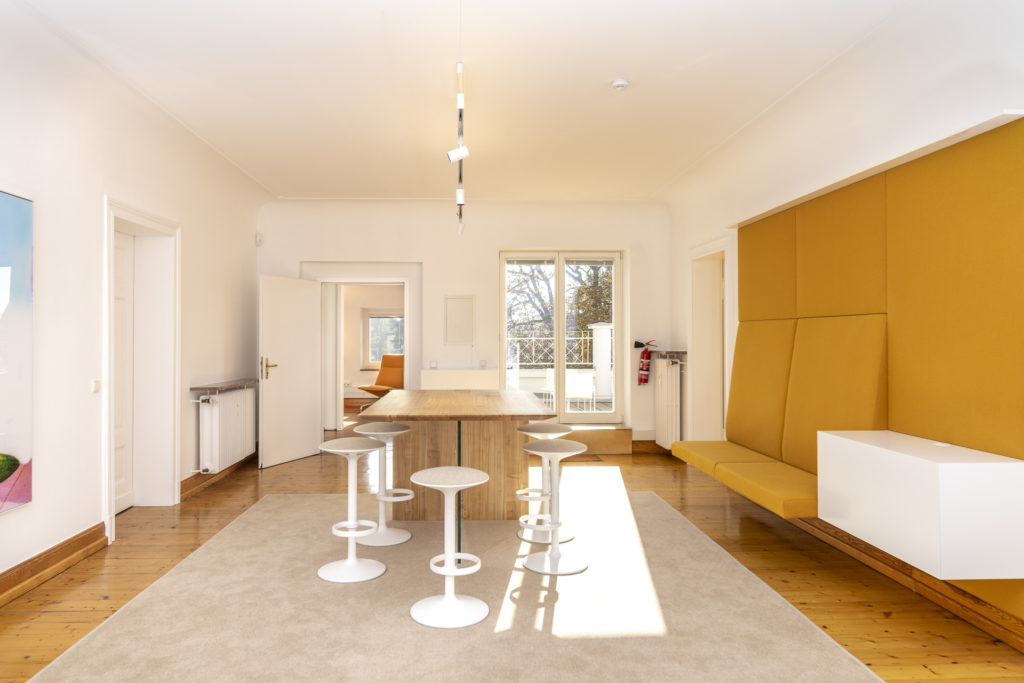When gender is approached from the perspective of international relations, we often see references made to the SDGs and global partnerships around gender and development. When masculinities are inserted into the analyses we often focus on issues of peace and conflict (eg. wars, terrorism, peace initiatives) or international political leadership, without sufficiently historicizing and contextualizing these. The history of colonialism in Africa has had a profound impact on the construction of masculinities in Africa as colonial powers imposed their own ideals of masculinity on African societies. Many of these—for example notions of a male “bread winner”— have persisted and influenced how African men interact within their communities as well as the world beyond their borders.
The processes of globalization have also brought new challenges and opportunities for African men. On the one hand, the global economy has created diverse “opportunities” to assert their economic power and influence, including dominating more vulnerable populations. On the other hand, globalization has also brought new forms of cultural influence, including media representations of masculinity from other parts of the world that sometimes conflict with local conditions. Like most, African militaries are dominated by men, and the ways in which these men are socialized to view their roles as protectors and defenders in contradistinction to some traditional norms of inclusive protection, can have profound impacts on how conflicts are resolved, as well as gender relations within communities and families.
The construction of “African masculinities” also has implications for development policies and programmes. Gender roles and expectations can shape how men engage with development programmes and can influence how local, bi-lateral and multilateral development interventions are designed and implemented. Masculinities and international leadership are also closely intertwined, as societal expectations around gender roles and behaviors often influence the way leaders are perceived and the types of leadership styles that are valued.
How all these factors play out in African contexts are important to consider when analyzing the politics of the continent and its relations with the rest of the world. For example, what impact might Germany’s new “Feminist development policy for sustainable development”, and “Be a real man” initiatives have on male political leadership and decision making? How have American-style mega church leadership models and the prosperity gospel impacted domestic, dating and marriage expectations and relationships? These and a wide range of political and social issues locally and internationally will be explored in this workshop with a group of young creatives and activists from Ghana, South Africa, Germany and the US. Our entry point will be filmed conversations with men in Accra, Nairobi, Pretoria, London, Dortmund, Dusseldorf, Philadelphia, Kampala, and Cape Town. In addition to African youth, an important target audience are people in the gender and development space to open conversations about the subject matter and generate interest in rigorously investigating “African masculinities” as they exist globally and cross-culturally.
Hopefully, the planned creative production outputs can get policy makers to reflect on the ways boys are socially and culturally constructed to engender more nuanced and culturally appropriate approaches to local and global politics. By bringing these stories into diverse spaces as a creative production—classrooms, development organizations, parliament, civil society organizations, online platforms, churches, communities—we can open conversations that build understanding and invite both men and women to interrogate the so-called threats to manhood within specific contexts.
Convener:
Prof. Dr. Akosua Adomako Ampofo, Member of the Academic Board AIA NRW, Professor of African and Gender Studies at the Institute of African Studies, University of Ghana (UG)
Contact:
Lisa Hartmann
Events and Public Relations Officer
